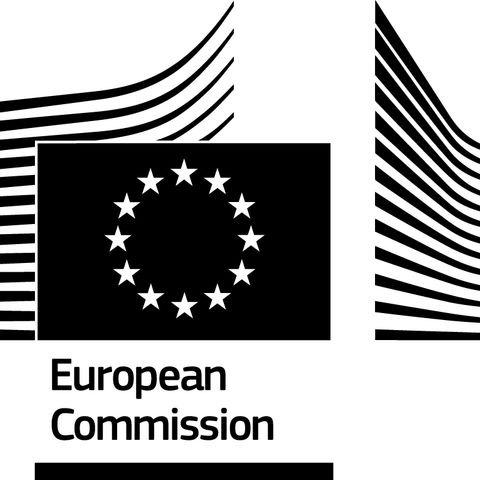"Biological solutions will dominate" - the EU's head of pesticides

Mar 6, 2023 ·
34m 40s
This week, we heard from a senior European Union policymaker involved in one of the biggest drivers of change in the agriculture sector today, namely pesticide regulation. I spoke with...
show more
This week, we heard from a senior European Union policymaker involved in one of the biggest drivers of change in the agriculture sector today, namely pesticide regulation.
I spoke with Klaus Berend, head of the EU’s pesticide unit, in the EU’s health and food safety directorate.
What I wanted to understand was just how big the pressure is on chemical pesticides; over what time frame the portfolio of pesticides available to farmers will fall; any news on specific product bans, including very widely used active ingredients such as glyphosate (aka Roundup); and finally how the EU is working to make chemicals bans square with food security.
Some of the main points of interest that emerged from this podcast were:
show less
I spoke with Klaus Berend, head of the EU’s pesticide unit, in the EU’s health and food safety directorate.
What I wanted to understand was just how big the pressure is on chemical pesticides; over what time frame the portfolio of pesticides available to farmers will fall; any news on specific product bans, including very widely used active ingredients such as glyphosate (aka Roundup); and finally how the EU is working to make chemicals bans square with food security.
Some of the main points of interest that emerged from this podcast were:
- Today, there are 453 approved active ingredients (AIs) approved across the EU. About 10 are revoked annually. At the same time, around 10 new AIs are approved for the first time. In other words, at present, the overall number is roughly unchanged from year to year.
- However, the composition of those pesticides is changing dramatically. Already, 170 of these 453 approved AIs fall into the category of non-chemical AIs. These so-called “low hazard” pesticides include microorganisms used to combat pests, as well as natural plant extracts, pheromones and other low-risk substances. They have increased from less than 40 such approved non-chemical AIs in 2012.
- As Klaus says - "Slowly, over time, the number of synthetic chemical substances will probably go down further, while the number of biological control tools will increase. In the long term, it will be the biological solutions that will dominate.” That seems to me a clear statement supporting further growth in the biological pesticide market globally.
- It is the more toxic, and perhaps for farmers more effective, chemical pesticides, that are disappearing first. That’s because the technology around measuring the toxicology of chemicals has improved, meaning more now fall on the wrong side of the definition of harm to humans or the environment, for example as carcinogens.
- The two main European agencies that form an expert opinionon pesticides, in a 10-year review cycle, are the European Chemicals Agency (which measures hazard) and the European Food Safety Authority (which measures risk).
- Klaus could not speculate on the outcome of presently ongoing reviews. Glyphosate - perhaps the world's commonest herbicide - has passed its ECHA review (i.e. with an unchanged hazard finding). EFSA will release its long-awaited corresponding risk opinion for glyphosate in July 2023, with no extreme changes announced yet in the meantime. However, the review of one of the most common fungicides, tebuconazole, does follow on the heels of bans for closely related triazoles, such as epoxiconazole.
- Klaus stated that the principles of Integrated Pest Management were not fully implemented across the EU, and that was hindering support for crop yields and food security, as chemical pesticides are gradually banned.
Information
| Author | Gerard Wynn |
| Website | - |
| Tags |
Copyright 2024 - Spreaker Inc. an iHeartMedia Company
